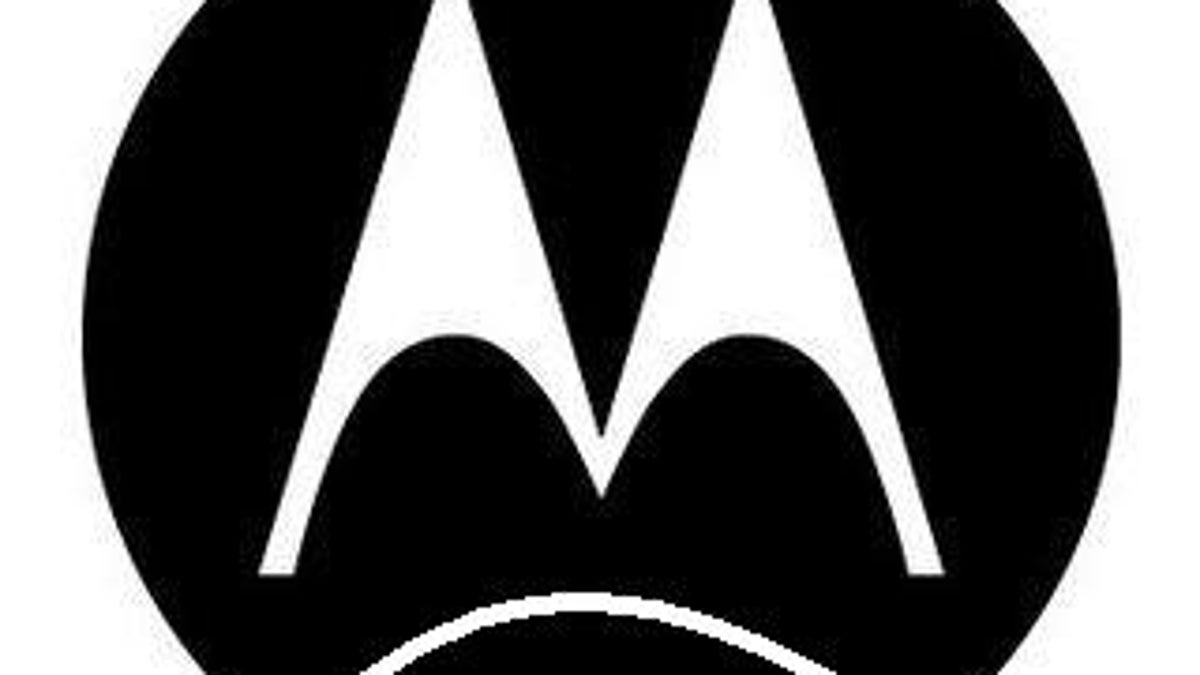On Call: Mourning Motorola (again)
Many people are upset about HP ditching WebOS, but CNET's Kent German is more distressed that a company like Motorola is bidding farewell to the cell phone.

In case you didn't hear, last week was a busy one in the tech world. First, Google announced its intention to acquire Motorola Mobility for $12.5 billion and then just three days later, HP said it was ending development for the WebOS mobile operating system and WebOS devices.
Both developments left a lot of people gobsmacked, but it was the HP news that appeared to hit the hardest. Some folks were upset that they couldn't get their hands on a $99 HP
No more Moto
I don't like HP's decision, either, but my experience with WebOS was more limited than Bonnie's. So even though I enjoyed the platform, I can't, in good faith, get all that riled up. Motorola, however, is a different story. If Google's bid is successful and the Motorola brand disappears from cell phones forever (I realize that scenario is not guaranteed at this point), then I will be sad. And if you're a cell phone geek, you should be sad, too.
But before I get into why I'll be all misty-eyed, I hope you'll that agree to a few rules for the comments section. You can list Motorola's missteps and sins over the year at length. On the whole, I'll agree with you, but those mistakes still don't take away from the company's accomplishments. What's more, remember that schadenfreude isn't a virtue.
You're also free to make comparisons between Motorola and other companies, since fierce competition and Moto's response (or lack thereof) is absolutely relevant. Yet, if you dance on Moto's grave while proclaiming the iPhone as the only cell phone of value in the entire world, then I'll have to tune you out completely. Without Motorola's pioneering work 40 years ago, after all, Apple's device wouldn't exist today.
Experience matters
I realize that I've said some of this before, but Motorola pretty much built the cell phone as we know it. Though a fancy smartphone like the
Before retiring from the company in 1995, Cooper accomplished quite a bit. Not only did he lead the team that developed the first commercially available cell phone (so not a car phone), the Dynatac 8000x, but also he used a Dynatac prototype to make the first public demonstration of the technology in New York City in 1973. Sure, it would be years before the technology disseminated to the public--the first call between two paying cellular customers was made a decade later on a Dynatac--but Motorola deserves much of the credit for creating an entire industry and a worldwide sensation.
Don't forget the phones
To modern eyes used to thin, shiny handsets, the Dynatac is indeed clunky. But considering it weighed 2.5 pounds and cost almost $4,000 (don't get me started on the related service fees), it was unwieldy even for its time. Fortunately, Motorola kept up the innovation in the subsequent years with models like the hugely popular StarTac (one of the first flip phones), the reliable V60 and V120, the daring V70, and Nextel's entire line of rugged iDEN devices. Another successful model, the V600, served me well as the third cell phone I ever owned.
Yet, it wasn't until 2004 when Moto (seriously) struck gold again with the
After some time, though, the company regained its footing by getting Android right early with Verizon's
In the end
If Google's buyout goes through (there are a couple of hurdles), it will take a while before we discover Google's true intentions. Maybe it wants to get in the hardware business or maybe it just was shopping for a bunch of patents. Honestly, I'm still bewildered by the whole thing.
Perhaps Google will continue to churn out Motorola-like devices, even if they carry a different name and logo. I suppose that's some consolation, but there will be real impacts on consumers. I never like to see choice removed from the marketplace, especially when that choice gave as much as Motorola did. Analysts, of course, will continue to point to the real issues as to why Moto agreed to the nuptials in the first place, but to me it looks like the company just lost interest in the phone business. And if true, that's the biggest shame of all.

